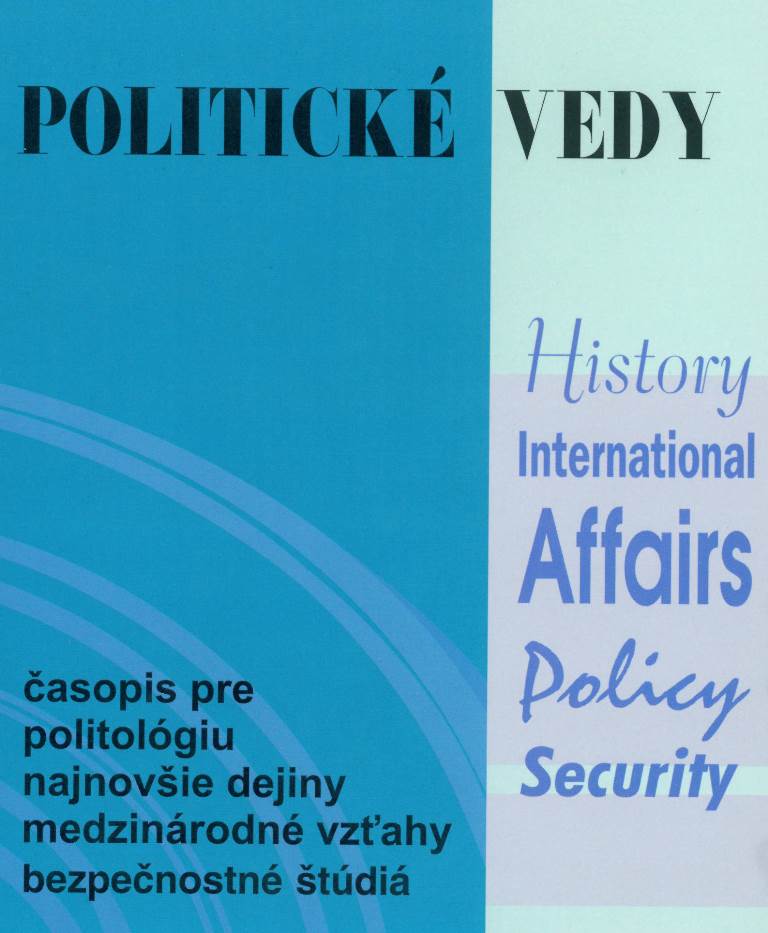Current Diplomatic Practice on Partners of Homosexual Members of Diplomatic Missions and Wives of Polygamous Members of Diplomatic Missions
Current Diplomatic Practice on Partners of Homosexual Members of Diplomatic Missions and Wives of Polygamous Members of Diplomatic Missions
Author(s): Peter RosputinskýSubject(s): Politics / Political Sciences
Published by: Univerzita Mateja Bela
Keywords: ame-sex partner;homosexual partner;registered partnership;polygamy;marriage;family member;diplomatic mission;accreditation;diplomatic privileges and immunities;
Summary/Abstract: Although there is no rule defining the term family member of a member of a diplomatic mission in general international law, it is an established consensus between States of different cultures, political systems and legal orders that at least a husband or a wife and their joint minor children are family members. However, the status of same-sex partners of diplomats as well as the second and other wives of the polygamous diplomat is unclear. Since the data about practice of States regarding same-sex partners on one hand, and wives with children of polygamous diplomats on the other hand, is fragmentary and hardly accessible, we decided to conduct a research, objective of which was to identify the current diplomatic practice on the issues concerned as well as its consequences with respect to the definition of a family member of a member of a diplomatic mission. The main research was undertaken by the means of written requests sent to Ministries of Foreign Affairs and by subsequent processing of responses received. The results show that many sending States are sending openly homosexual diplomats into receiving States not recognising any form of same-sex partnership and that many receiving States prohibiting polygamy are willing to accredit sending Statesʼ polygamous diplomats with all their children, and even all their wives. This demonstrates an emerging tendency of the prevailing character of the sending Statesʼ law with respect to the definition of family members which takes place on the basis of international courtesy and not of international law.
Journal: Politické vedy
- Issue Year: 22/2019
- Issue No: 4
- Page Range: 172-220
- Page Count: 49
- Language: English

